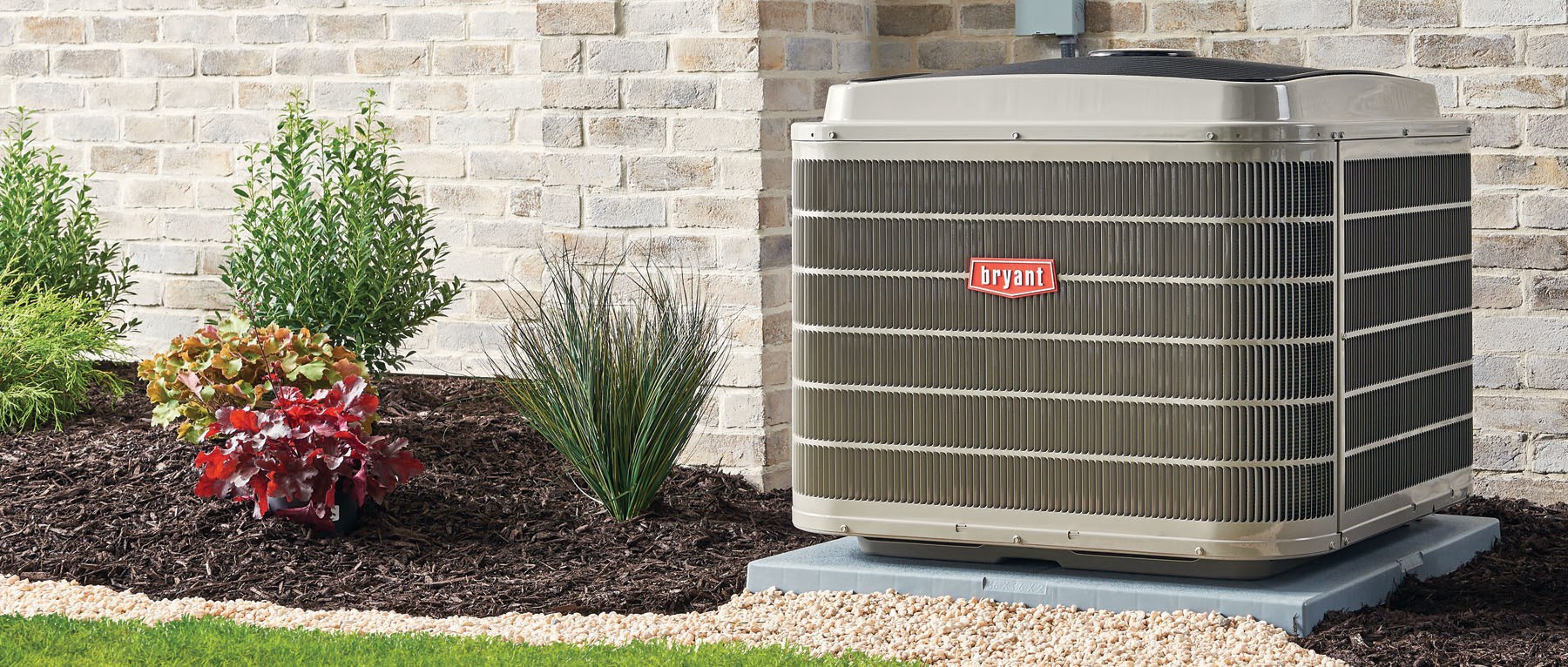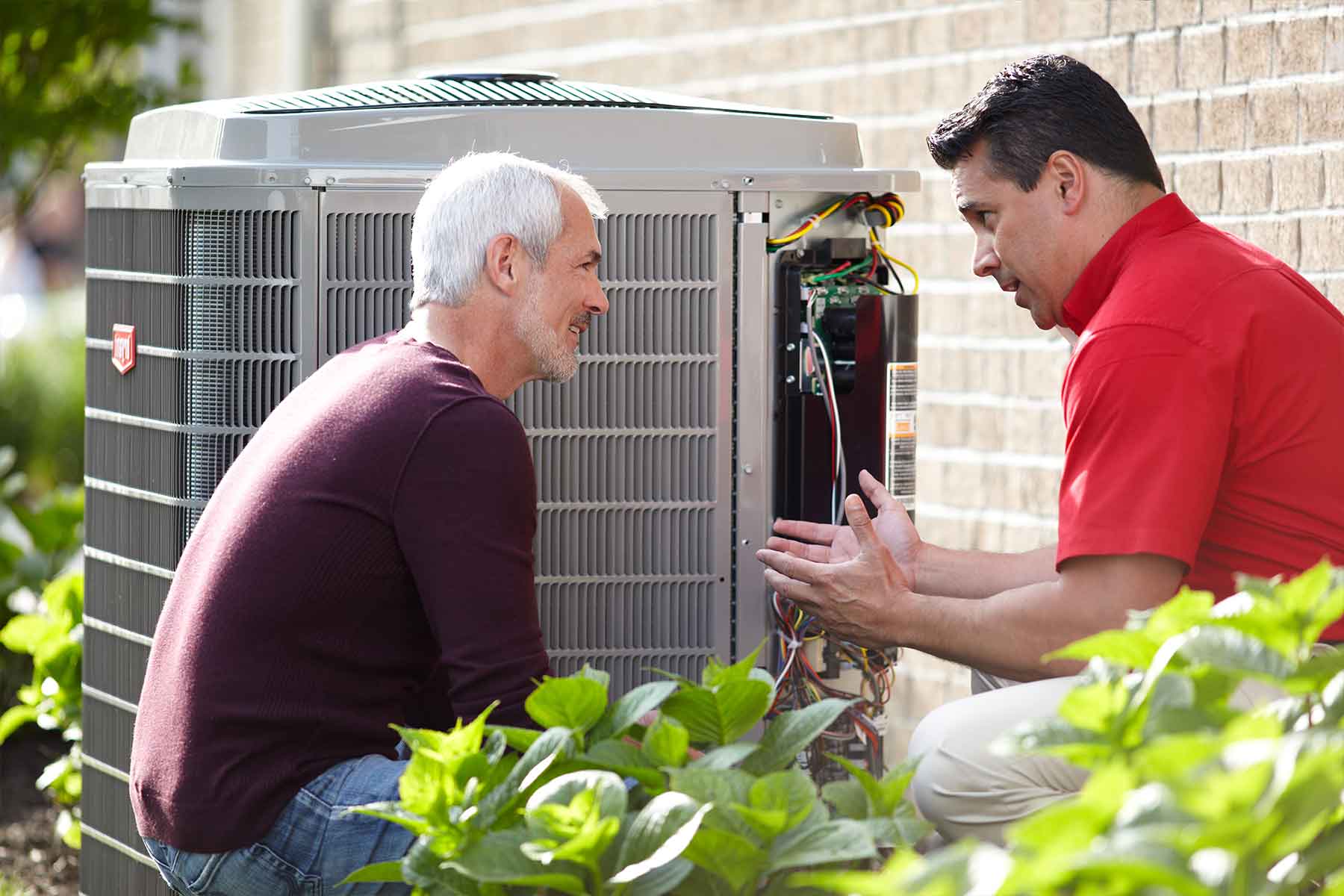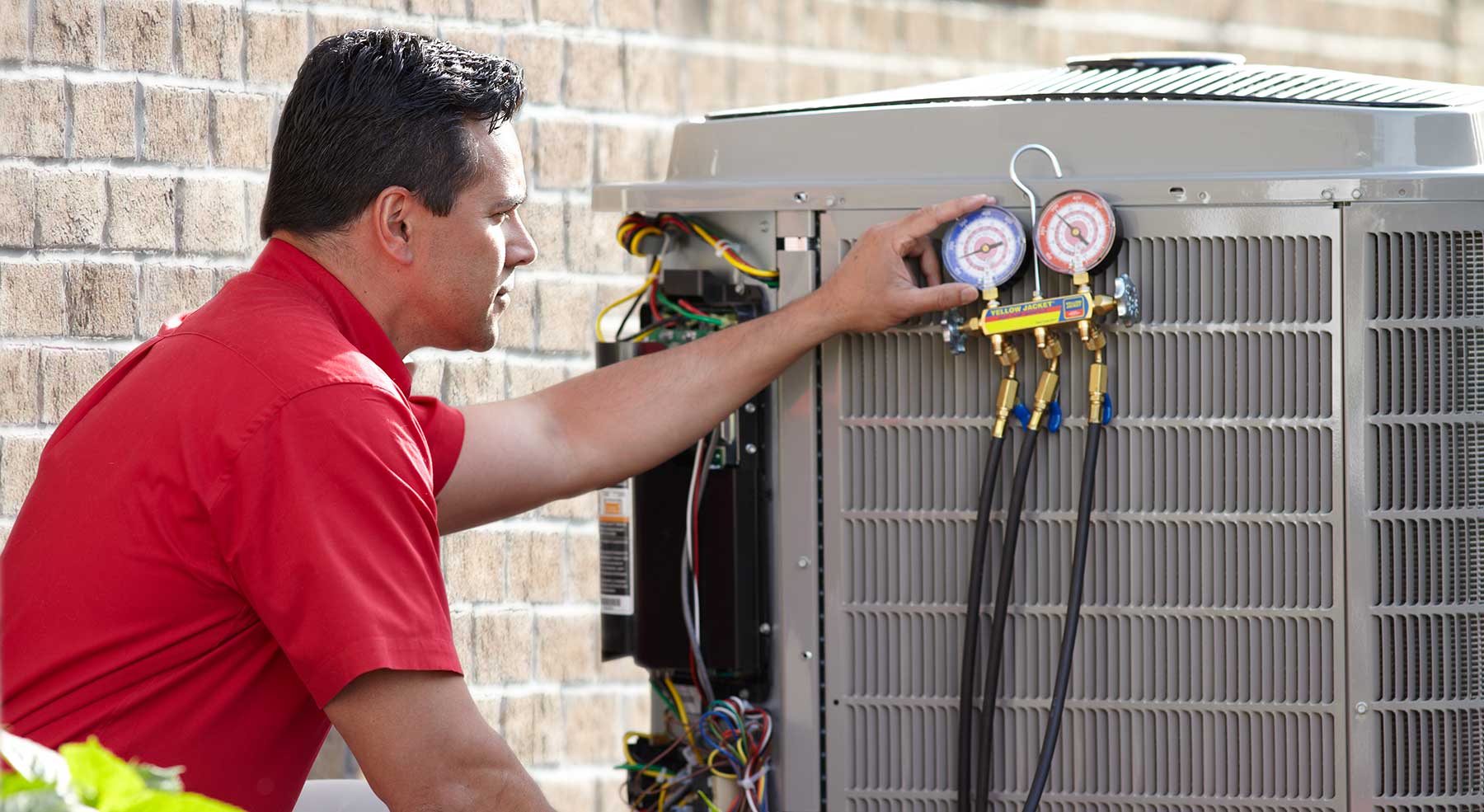
Who Pays for HVAC Repairs in Rental Properties? Tenant vs Landlord Responsibilities
Introduction
Navigating the responsibilities relating to HVAC repairs in rental properties can often feel like traversing a maze. Whether you are a tenant or a landlord, understanding who bears the financial burden of air conditioning repair can save both parties from unnecessary disputes. This comprehensive guide dives deep into the responsibilities associated with HVAC systems in rental properties, shedding light on local air conditioning repair service the obligations of both tenants and landlords.
Who Pays for HVAC Repairs in Rental Properties? Tenant vs Landlord Responsibilities
Understanding who pays for HVAC repairs in rental properties hinges on various factors, including lease agreements, local laws, and the nature of the repairs needed. Typically, landlords are responsible for maintaining essential equipment that ensures the livability of a rental unit. However, this does not mean that tenants are left off the hook entirely.
1. Understanding HVAC Systems: A Brief Overview
HVAC stands for Heating, Ventilation, and Air Conditioning. These systems are vital to maintaining comfortable temperatures and ensuring air quality within residential spaces. They include components such as:
- Furnaces
- Air Conditioners
- Heat Pumps
- Ventilation Fans
As a tenant or landlord, knowing how these systems function can help clarify responsibility when issues arise.
2. Determining Responsibility: Lease Agreements Matter
Every lease agreement is unique; therefore, it is crucial to scrutinize your specific contract concerning HVAC maintenance and repair responsibilities.

- Standard Clauses: Most leases will explicitly state who is responsible for repairs.
- Addendums: Sometimes additional clauses address specific situations related to HVAC systems.
3. Local Laws and Regulations
In many regions, state and local laws dictate certain landlord obligations regarding habitability standards. For example:
- Minimum Standards: Many jurisdictions require landlords to provide functioning heating and cooling systems.
- Emergency Repairs: Laws may require landlords to address urgent issues within a set timeframe.
Familiarizing yourself with these regulations helps clarify who pays for repairs.

4. Types of Repairs: Differentiating Between Minor and Major Issues
Not all repairs fall under the same category; understanding different types can help determine responsibility:
Minor Repairs
These typically include routine maintenance tasks like changing filters or cleaning ducts.
Major Repairs
Significant issues might involve replacing an air conditioning unit or fixing a furnace requiring professional intervention.
The Role of Tenants in Maintenance
5. Tenant Responsibilities: What You Need to Know
Tenants have certain responsibilities regarding maintenance within their rented spaces:
6. The Importance of Communication
Open lines of communication between landlords and tenants can significantly affect how quickly HVAC issues are resolved.
The Landlord’s Duty: Obligation Under Law
7. Landlord Responsibilities Explained
Landlords typically bear the responsibility for major repairs unless otherwise noted in the lease agreement:
8. Preventative Measures Taken by Landlords
To minimize repair costs over time, many landlords invest in preventative measures such as:
- Regular inspections
- Routine maintenance services through HVAC contractors
- Installation of durable equipment
When Disputes Arise: Navigating Conflict Resolution
9. Common Disputes Over HVAC Repairs
Disagreements often surface regarding what constitutes normal wear-and-tear versus tenant negligence:
- Who is liable when an air conditioning unit breaks down?
- What if tenants fail to report an issue promptly?
Understanding common points of contention can help both parties strategize effective resolutions.

10. Mediation Options Available
If disputes cannot be resolved amicably, several avenues exist for mediation:
Insurance Considerations for Both Parties
11. The Role of Insurance in HVAC Repairs
Both tenants and landlords may want to consider insurance options related to HVAC systems:
12. When Should You File a Claim?
It’s important to assess whether filing a claim benefits you financially before proceeding with an insurance claim related to HVAC issues.
Hiring Professionals for Repairs
13. Finding Reliable Air Conditioning Repair Service Providers
When it comes time to call professionals like "air conditioning repairmen close me" or "hvac companies near me," several things should be considered:
A reliable contractor will ensure work is done efficiently while adhering to safety protocols.
14. Questions To Ask Your HVAC Contractor
Before hiring any contractor, ask questions such as:
- What’s included in your service?
- How do you handle emergencies?
- Are you familiar with my specific model?
These inquiries ensure you make an informed decision about whom you hire.
Cost Implications of Repairs
15. Average Costs Associated with Air Conditioning Repair Services
While costs vary based on location and complexity:
| Service Type | Average Cost Range | |----------------------|--------------------| | Basic Maintenance | $75 - $150 | | Refrigerant Recharge | $100 - $300 | | Compressor Replacement | $1200 - $2000 |
Having this information readily available helps both parties budget accordingly.
16. Budgeting for Unexpected Repairs
It’s always wise for both tenants and landlords alike to set aside funds specifically earmarked for unexpected repairs—especially concerning essential services like heating and cooling.
FAQ Section
17 FAQs About Who Pays for HVAC Repairs
1) Who is generally responsible for air conditioning repair in rental properties?
Typically, landlords are responsible unless stated otherwise in lease agreements specifying tenant duties regarding minor repairs.
2) Can I negotiate my lease terms regarding HVAC responsibilities?
Yes! If you're concerned about potential repair costs, discussing this aspect before signing your lease is advisable.
3) What happens if I fail to report an AC issue promptly?
Neglecting timely reporting may result in added costs or damages that could be attributed back to you as a tenant.
4) Are there any legal protections if my landlord refuses necessary repairs?
Many states have laws protecting tenants from uninhabitable living conditions; consult legal counsel if your landlord fails their obligations.
5) Is renter's insurance necessary even if my landlord covers major repairs?
Yes! Renter’s insurance protects personal belongings from unforeseen events like water leaks or electrical fires caused by faulty equipment.
6) How often should I schedule maintenance checks on my system?
Typically every six months; however, consult your service provider based on usage patterns specific to your unit type (e.g., heavy use during summer).
Conclusion
Navigating the complexities of who pays for HVAC repairs in rental properties requires attention not only to individual lease agreements but also local laws surrounding tenant-landlord relationships—both parties must understand their respective rights and responsibilities clearly outlined within legal frameworks while fostering open communication channels conducive toward resolving disputes amicably when they arise!
By equipping yourselves with knowledge about air conditioning repair services available through local hvac contractors near me listings or hvac supply near me resources—everyone involved can contribute towards ensuring comfort within their shared living spaces!